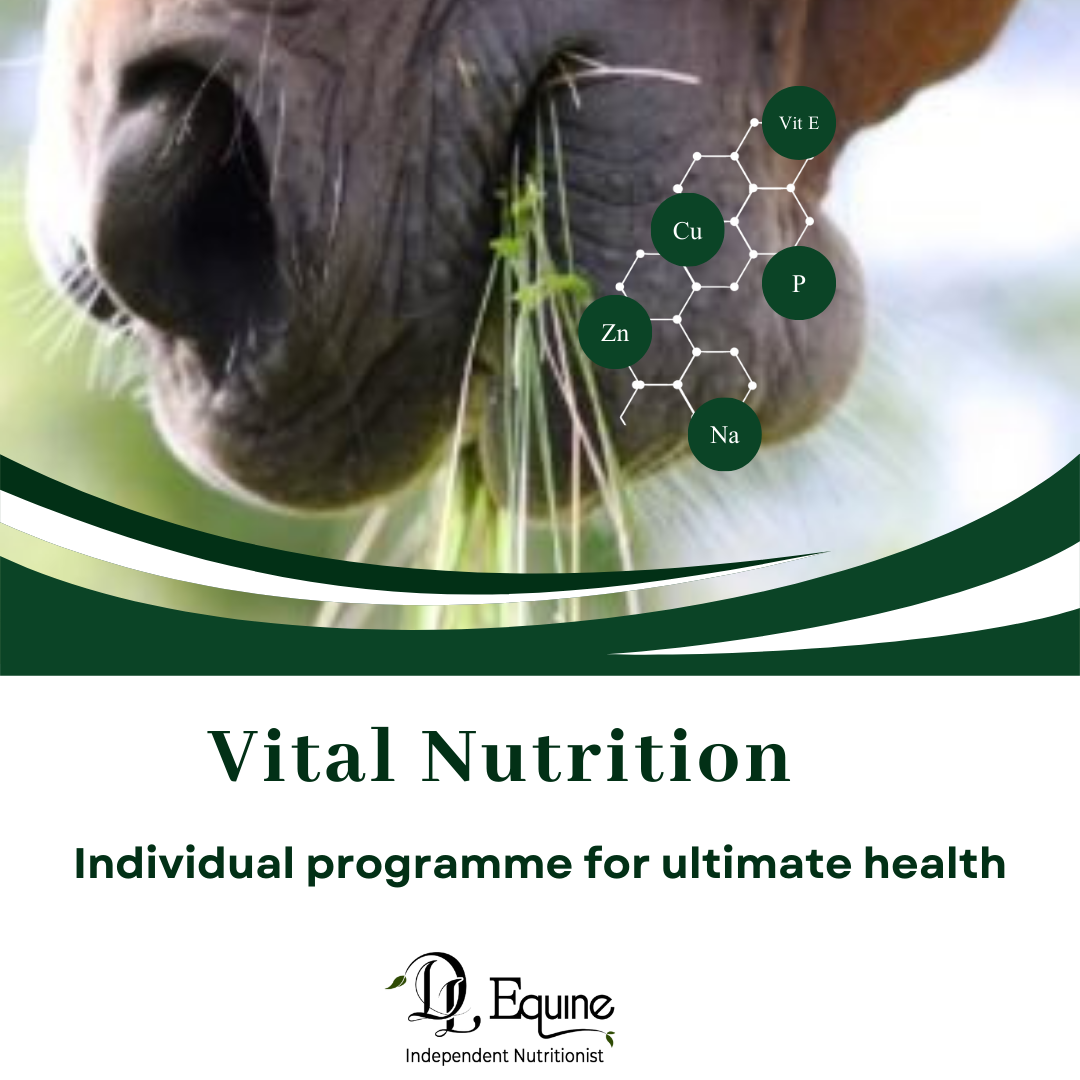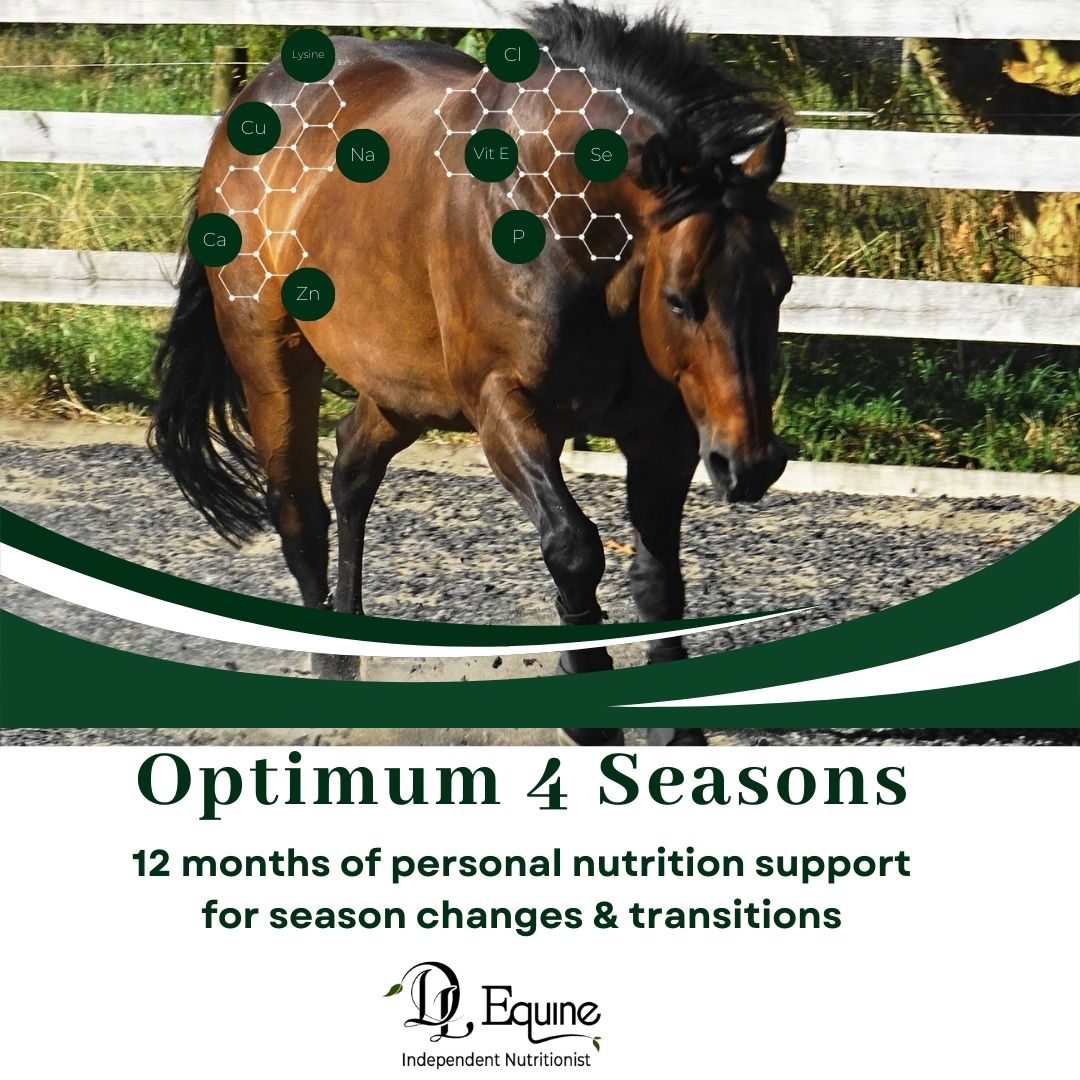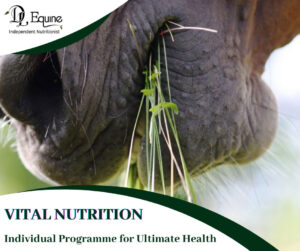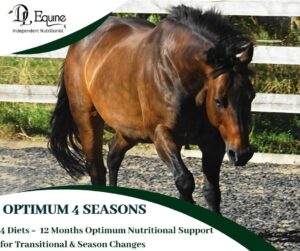What is manufactured? What is natural? What ingredients should you choose to feed your horse?
Does manufactured mean – only complete feeds and balancers e.g., those that have been made into pellets in a factory?
Or does it include chaffs and beet pulps and other straight grains as well and anything put into a bag?
Definition of Manufactured; Merriam Webster Dictionary.
1.something made from raw materials by hand or by machinery
2 a : the process of making wares by hand or by machinery especially when carried on systematically with division of labor
2 b : a productive industry using mechanical power and machinery
3 : the act or process of producing something
Feed manufacturing – From Wikipedia,
Refers to the process of producing animal feed from raw agricultural products. Fodder produced by manufacturing is formulated to meet specific animal nutrition requirements for different species of animals at different life stages. According to the American Feed Industry Association (AFIA),[1] there are four basic steps:
1 Receive raw ingredients: Feed mills receive raw ingredients from suppliers. Upon arrival, the ingredients are weighed, tested and analyzed for various nutrients and to ensure their quality and safety.
2 Create a formula: Nutritionists work side by side with scientists to formulate nutritionally sound and balanced diets for livestock, poultry, aquaculture and pets. This is a complex process, as every species has different nutritional requirements.
3 Mix ingredients: Once the formula is determined, the mill mixes the ingredients to create a finished product.
4 Package and label: Manufacturers determine the best way to ship the product. If it is prepared for retail, it will be “bagged and tagged,” or placed into a bag with a label that includes the product’s purpose, ingredients and instructions. If the product is prepared for commercial use, it will be shipped in bulk.
If you take these two definitions, we can correctly include all bagged, chaff, fibre products, balancers, complete feeds and supplements as manufactured in some way.
Just because something is marketed as “natural” doesn’t necessarily equate with not manufactured in some way, even if it was only weighed, bagged and labelled.
The definition of what is natural feed has become more of a catch phrase that has a different meaning for every horse owner. It may range from wanting to feed something as close to what a horse in the wild would be able to eat right thru to a feed with little or no extra fillers in the manufacturing process, for example no added minerals or salt.
What’s important to note here is that minerals are natural and come from the ground, as does salt. i.e. Sodium and Chloride
Horses all require more minerals and salt than they will get from pasture alone, as such you will need to feed them, either separately or as a part of a complete feed or balancer that has had them added in the manufacturing process.
As such this doesn’t make that feed bad or ‘un- natural’ .
Its much more beneficial for horse feeders to pay attention to levels of specific ingredients and their levels in feeds. Such as;
• Does your horse work hard enough to require the grain that is included in that feed?
• Is the grain extruded or micronized?
• Is the starch level of the feed, (fed at the level you are feeding your horse), too high when combined in the total feed per day? Or is it actually at a small enough amount that is ok in the total levels of the diet?
• If you are feeding 2 complete feeds and a balancer, and a chaff or fibre product, (ALL contain minerals of their own) will adding 2 or more extra mineral supplements be far too much and unbalance the required ratios your horse needs?
• If you have a laminitic horse do you need a feed without any fillers such as mill run or broll, or is it in a form thats not actually adding extra starches?
In many of these cases this is where an equine nutritionist can really help; by assisting in choosing what’s right for your horse according to their age, condition score, weight exercise and many other factors.
My experience leads me to be able to breakdown a feed and its ingredients into what is acceptable or Not for ahorse, a great example is many people with EMS horses are now on the lookout for feeds with NO grain or by products. Or an NSC level below 12%.
In a situation like this I can calculate if that feed that you are adding at for example 200g per day will actually add less sugars than your other fibres fed or most espcially your own pasture. Here I might be able to say a smaller weight feed with a higher NSC % will result in a lower glyceamic response and will be doing your horse less harm than certain pastures or other non suitable feeds. Or not if the situation warrants it.
Or a supplement may have the ingredient that sounds like a grain by product like oat flour, that may sound scary for a EMS horse, however I can decide that in said product it may acutally be the beta glucans it provides which are of great benefit to the gut and at the correct feeding rate be a fantastic supplement rather than something that you should steer clear of.
From all these I will choose, match, calculate and balancing the feeds with the requirements for your individual horse with the Right Nutrients ![]()
Teaching you along the way about what is right for your horse and how to manage their diet.
Get in contact for a programme that chooses the right ingredients today!






